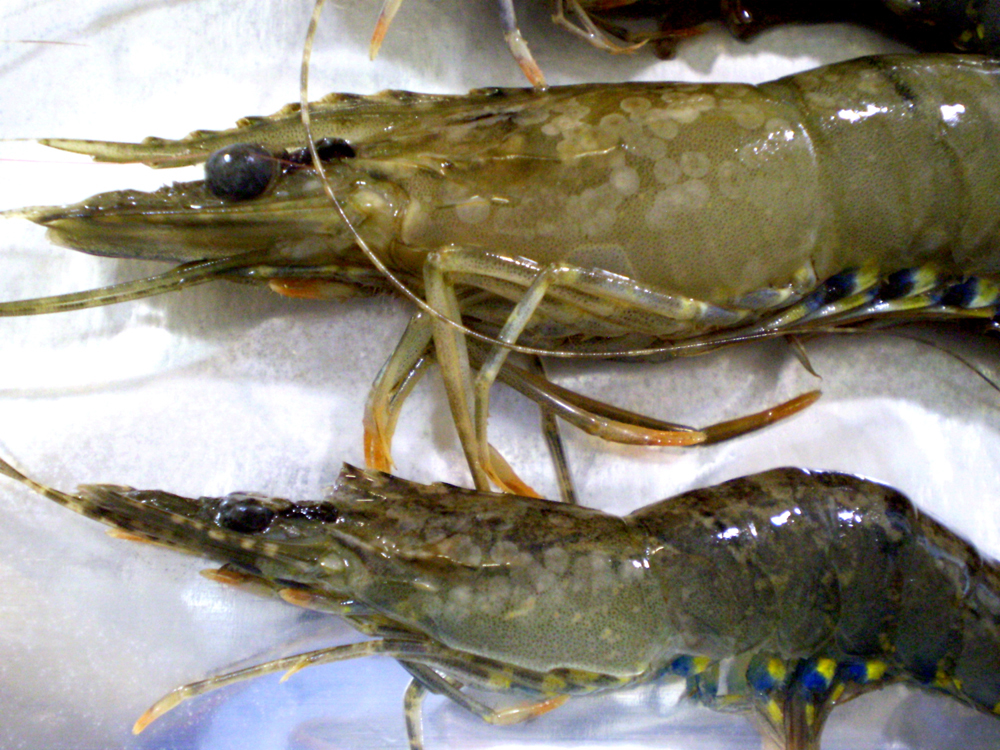 White spot syndrome virus (WSSV) has been detected by the NSW Department of Primary Industries (DPI) in wild-caught school prawns (Metapenaeus macleay), from the inshore ocean area near Evans Head.
White spot syndrome virus (WSSV) has been detected by the NSW Department of Primary Industries (DPI) in wild-caught school prawns (Metapenaeus macleay), from the inshore ocean area near Evans Head.
The WSSV-positive prawns were collected on 29 April 2024 for routine testing as part of the national white spot surveillance program, with DPI Elizabeth Macarthur Agricultural Institute (EMAI) testing of 195 prawns in pools of five, revealed 36 out of 39 pools were positive for WSSV.
The Australian Centre for Disease Preparedness (ACDP) confirmed positive results for WSSV on Wednesday 8 May 2024 and genetic testing is being conducted to confirm the DNA of the WSSV to check any relationships with previous detections in Queensland and NSW.
NSW DPI Chief Veterinary Officer, Jo Coombe said a new control zone has been established to minimise risks of spread of WSSV to other parts of NSW and Australia.
"This is the first confirmed detection of white spot in NSW wild school prawns, collected directly from ocean waters not associated with a clinical white spot disease outbreak," Dr Coombe said.
"The control zone restricts the movement of green, uncooked, school and king prawns and other decapod crustaceans, beach and other polycheate worms out of the area.
"Mud, blue swimmer, three spot and spanner crabs, lobsters and bugs are excluded from the movement restrictions.
"DPI is leading the response to the positive detection and is committed to keeping stakeholders and industry informed.
"Evidence from the investigation, surveillance and genomic sequencing of WSSV will be critical to informing effective management."
White spot does not pose a threat to human health or food safety. NSW seafood, including prawns, remains safe to eat.
The Clarence River Control Zone remains in place to support a plan which aims to self-declare freedom from WSSV according to requirements of the World Organisation for Animal Health. Biosecurity white spot disease clarence river control order number 2 2023 (nsw.gov.au)






